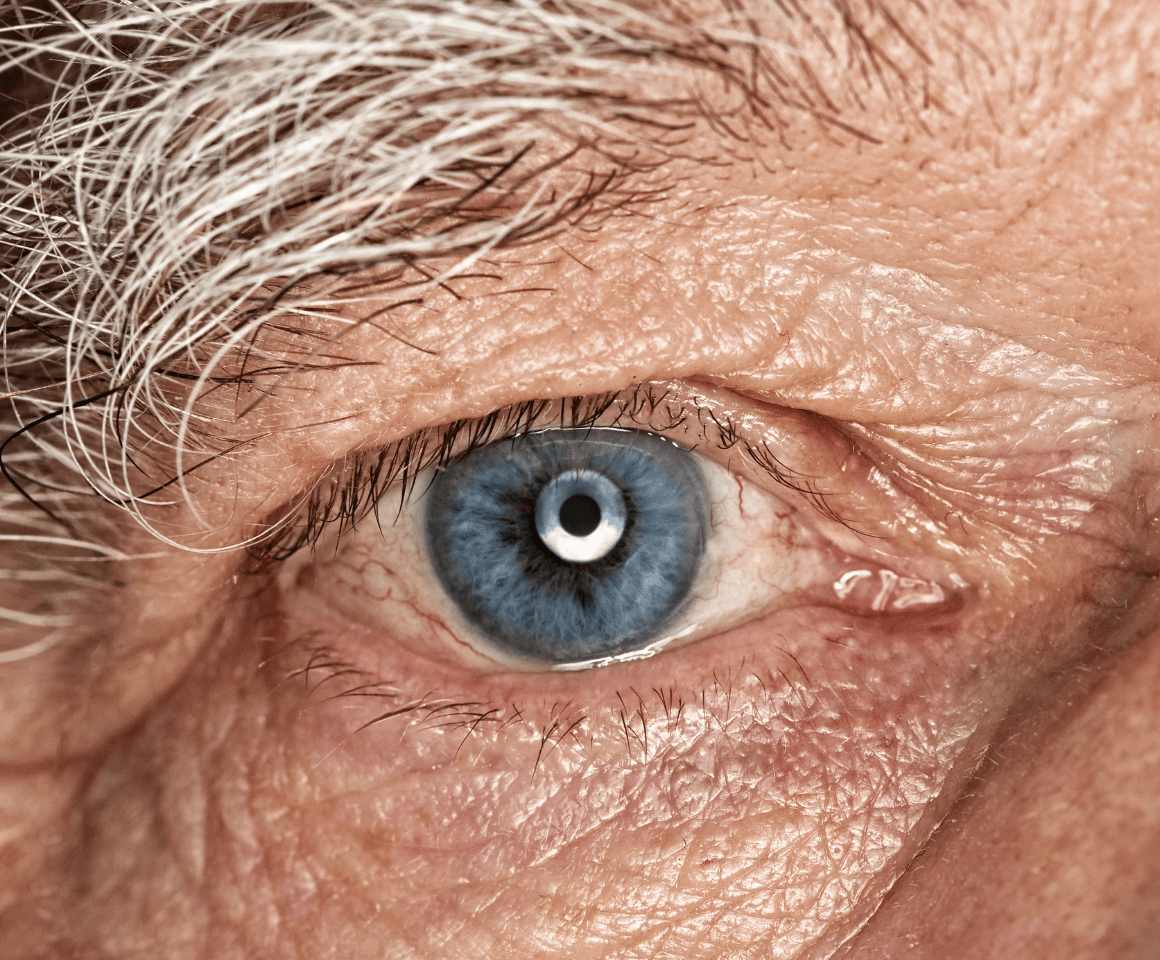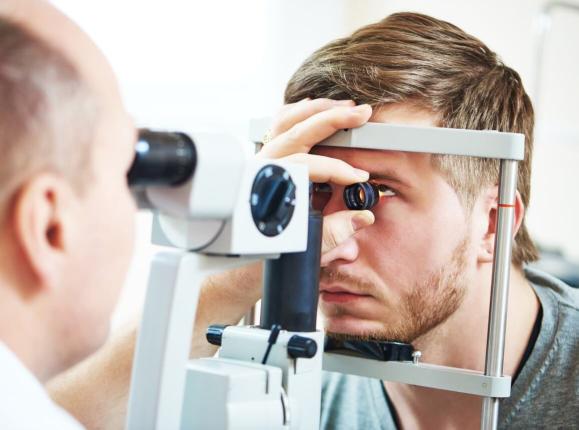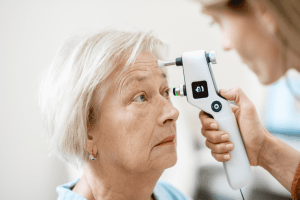Glaucoma is the name given to a group of eye diseases where vision is lost due to damage to the optic nerve. It causes irreversible vision loss due to damage to the optic nerve. The loss of sight is usually gradual and a considerable amount of peripheral (side) vision may be lost before there is an awareness of any problem. Unfortunately there is no cure for glaucoma, and vision loss is irreversible.
What causes glaucoma?
Glaucoma is usually caused by an increase in intraocular pressure (IOP) which can damage the optic nerve. The level of elevated eye pressure which causes progressive damage to the optic nerve varies between people. Some people can have high eye pressure without glaucoma (known as ocular hypertension) while other people can have normal eye pressure with glaucoma (known as normal tension glaucoma).
The eye is constantly producing a clear liquid called aqueous humor which it secretes into itself. This fluid nourishes the eye and holds the eye in shape. The fluid is then drained out though an area called the anterior chamber angle or drainage angle. If there is damage to the drainage angle, the rate at which the eye produces the aqueous humor then becomes greater than the rate the eye can drain it – causing high IOP in the eye.
This increased pressure begins to damage the optic nerve which lies at the back of the eye. The optic nerve is made up of approximately one million nerve fibres which connect the back of the eye to the brain. Damage to the cells of the optic nerve results in irreversible damage to your eyesight.

If you or a loved one has been diagnosed with glaucoma you might be feeling overwhelmed. We're here to help.
Glaucoma is characterised by intra-ocular pressure (IOP) that is sufficiently high to cause damage to and the progressive death of retinal ganglion cells (RGCs). RCGs are the "output nerve cells of the eye".
Clinicians will refer to someone as a ‘glaucoma suspect’ if they think the person might be showing early signs of glaucoma and require ongoing monitoring.
'As I know, no one is tougher and more resilient than you. I can’t stop crying and now this thing isn’t even rhyming. I don’t care, this whole thing isn’t fair...' - Kayla, Eli's mum










